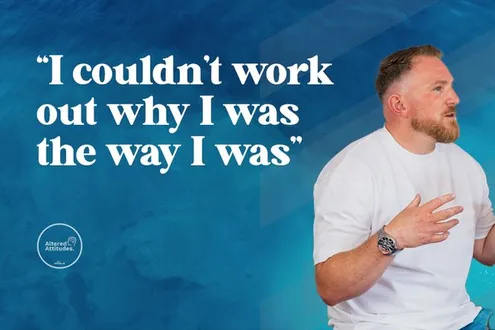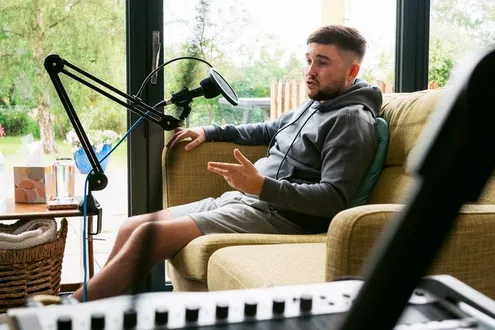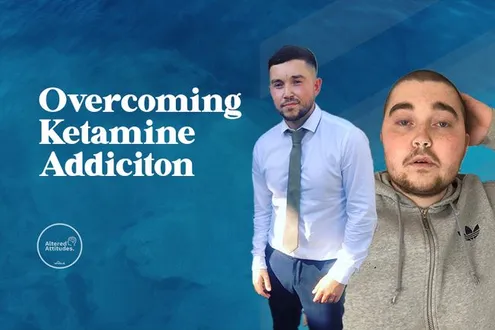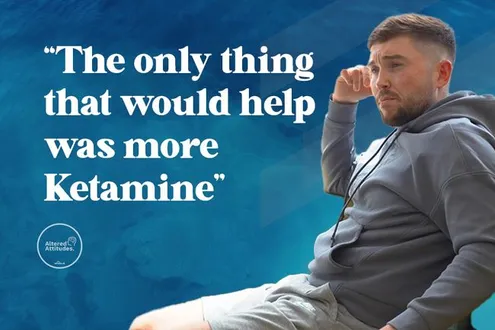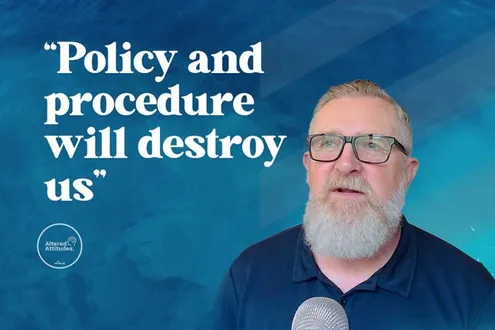People often deal with traumatic events by pretending they didn’t happen and by avoiding anything that could trigger a memory of the event. This denial doesn’t deal with the problem and is likely to make matters worse over time.
Trauma therapy is a type of Cognitive Behavioural Therapy. It addresses the mental and emotional needs of trauma survivors who are experiencing difficulty overcoming the damaging effects of past events.
At Rehabs UK Trauma therapy can be used in both residential and outpatient settings. Individuals can also opt to do online or phone therapy rather than face-to-face therapy if this is suitable for them. The best way to assess what is right for the individual is by speaking to one of our Treatment Advisors who will give you a free assessment and explain the treatment options available to you or your loved one.
At the very least, trauma can create emotional scars, such as trust issues or low self-esteem, but it can also lead to addiction problems and mental health issues. For this reason, it’s important to treat trauma and ideally, as early as possible.
If the the individual is dealing with an addiction a detox, whether that is in a residential setting or at home will be needed before the therapy can begin to get the most out of the treatment.
Trauma therapy can also be used in combination with other types of therapy, such as individual and group. Rehabs UK also offer an exploring addiction course which is suitable for those wanting to understand more intricately how addiction works.

Acknowledgement and being heard are the foundations of trauma therapy. In a session, your therapist will listen to you and your experience without judgement. This helps to establish boundaries based on trust and safety.
Treatment concentrates on your distorted beliefs that have arisen from years of unresolved trauma. Irrational thoughts and feelings, paranoia and pain are all brought to light.
Therapy helps you to practice newly learnt skills. You can develop an understanding of what triggers you and practice how to manage those triggers.
The final phase of trauma therapy involves life skills and relationship development. It can also teach you what to do when the unexpected happens.
Trauma can affect your life for years after the event or situation that caused it. However, talking therapies such as CBT, individual and group therapy have been proven to help people overcome the distress, pain and dysfunction caused by a situation or experience.
Trauma therapy is based on the idea that our behaviours and feelings are as a result of our thoughts and not because of events, people or situations. As such, we should be able to alter and improve the way we think and act, regardless of what’s going on around us.
Trauma therapy can help people to establish new coping skills that help them function in everyday life. From working through anger management issues to understanding the damaging effects of accumulated traumatic stress, trauma therapy can help you to rebuild your sense of self so that you can become more robust and resilient.
According to research, trauma can change the way the brain functions. One of those changes has been found to impact decision-making ability and negatively affect impulse control. Many people turn to drugs or alcohol to escape the pain of traumatic experiences. As such, addiction and trauma disorders are very closely linked.
Self-medicating with drugs or alcohol to numb emotions and manage anxiety can quickly spiral into addiction, which in turn, stops you from resolving trauma. Trauma therapy can help people to identify the negative thoughts that lead to destructive behaviours and toxic coping mechanisms. If you or someone you love is struggling with addiction because of unresolved trauma, contact one of our Treatment Advisors.
Trauma focused therapy can help to break the cycle of addictive behaviour by getting to the core of the problem. Finding ways to manage the effects of trauma can also help recovering addicts to avoid relapse.
Therapy can help an addict to understand why their thoughts lead to negative feelings and behaviours. An automatic thought is generally based on impulse and comes from misconceptions and negative, internalised feelings. Trauma therapy can teach people techniques to address and alleviate the emotions and thoughts that lead to substance misuse.

